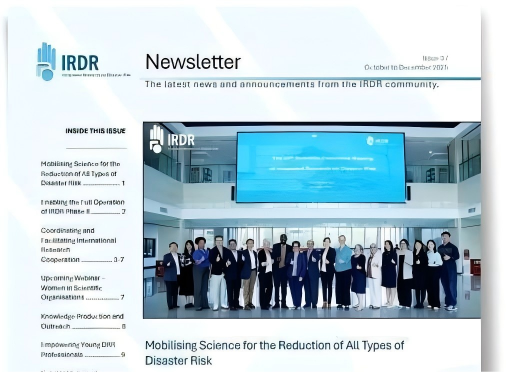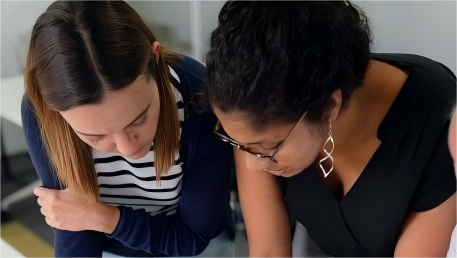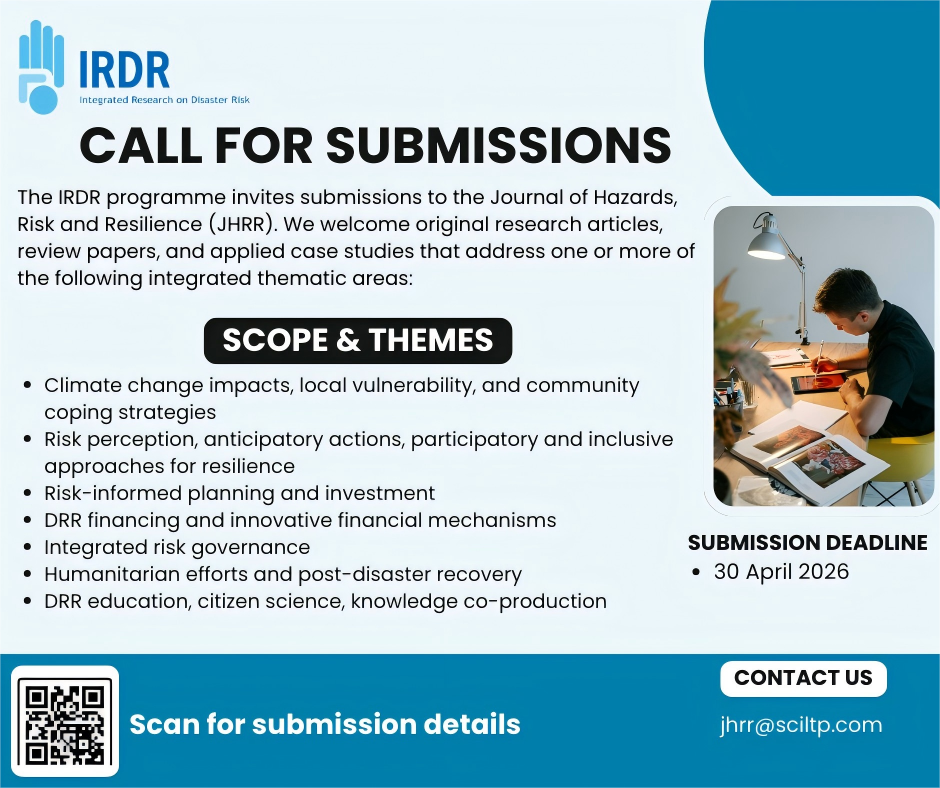The ten-year global plan that sets out how various sectors can work to reduce losses from disasters, known as the Hyogo Framework for Action (HFA), ends in 2015. During more than 100 consultations held since 2012 to draft a replacement plan, science has consistently been highlighted as important for good DRR decision-making, says Pedro Basabe, senior programme officer at the UN Office for Disaster Risk Reduction (UNISDR).
This interest is manifest in the so called ‘pre-zero draft’ for the post-Hyogo framework, a document that will guide the discussions leading up to the Third United Nations World Conference on Disaster Risk Reduction in Sendai, Japan from 14-18 March 2015, where a post-Hyogo plan is expected to be adopted. One of these core maxims is that good DRR decision-making is founded on clear and simple scientific information for a wide range of issues, such as characterising physical hazards, socio-economic impacts and vulnerability, according to the draft report.

Research must be accessible, and efforts should be made to promote free and open access to information about disasters, loss and risk, and well as distributing it “at all levels, taking into account different categories of users,” it says.
Special attention must be given to developing countries, which includes making time-bound commitments to providing the resources and technology to implement DRR strategies, it says. It also calls on the research community to improve its interdisciplinary collaboration, with better links between economic and social sciences, as well as with DRR practitioners.
Academics should work together to take the lead in doing research that is relevant and useful to local communities, building medium- and long-term risk scenarios and strengthening the science-policy interface, it says. The report’s authors also suggest revitalising the UN’s Scientific and Technical Committee to play a role as an international advisory mechanism, which could help implement and monitor a future DRR framework.
The draft outlines how crucial it is to improve scientific and technical capacity to collect, use and disseminate disaster data, and to develop methods to assess vulnerability to climate, geology and water-related hazards — and how these impact communities.
During the recent IRDR conference, and through its research and action projects, the IRDR Programme is exploring innovative ways of co-design of scientific insights and of knowledge production that are useful at the local level – whether to municipal leaders, indigenous communities, or civil society organizations – linking, in the process, cutting-edge S&T innovation centers and local needs. An example of this through reinforcing community resilience through lead flood forecasting in Bangladesh.





